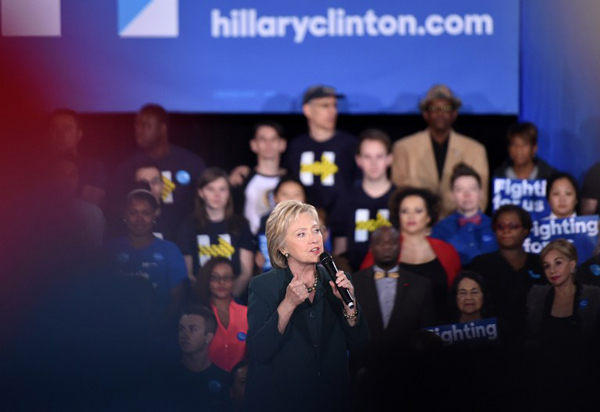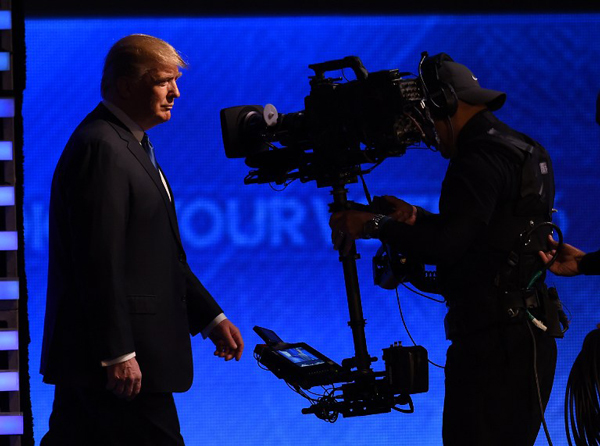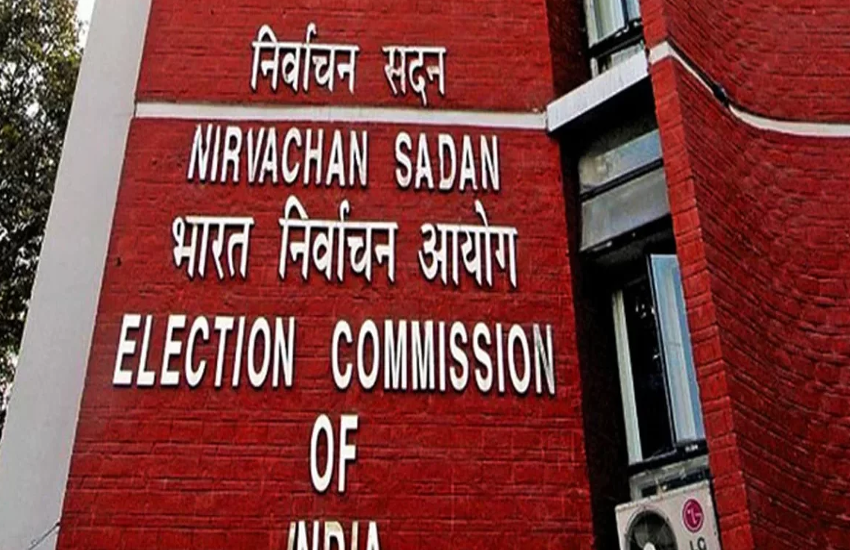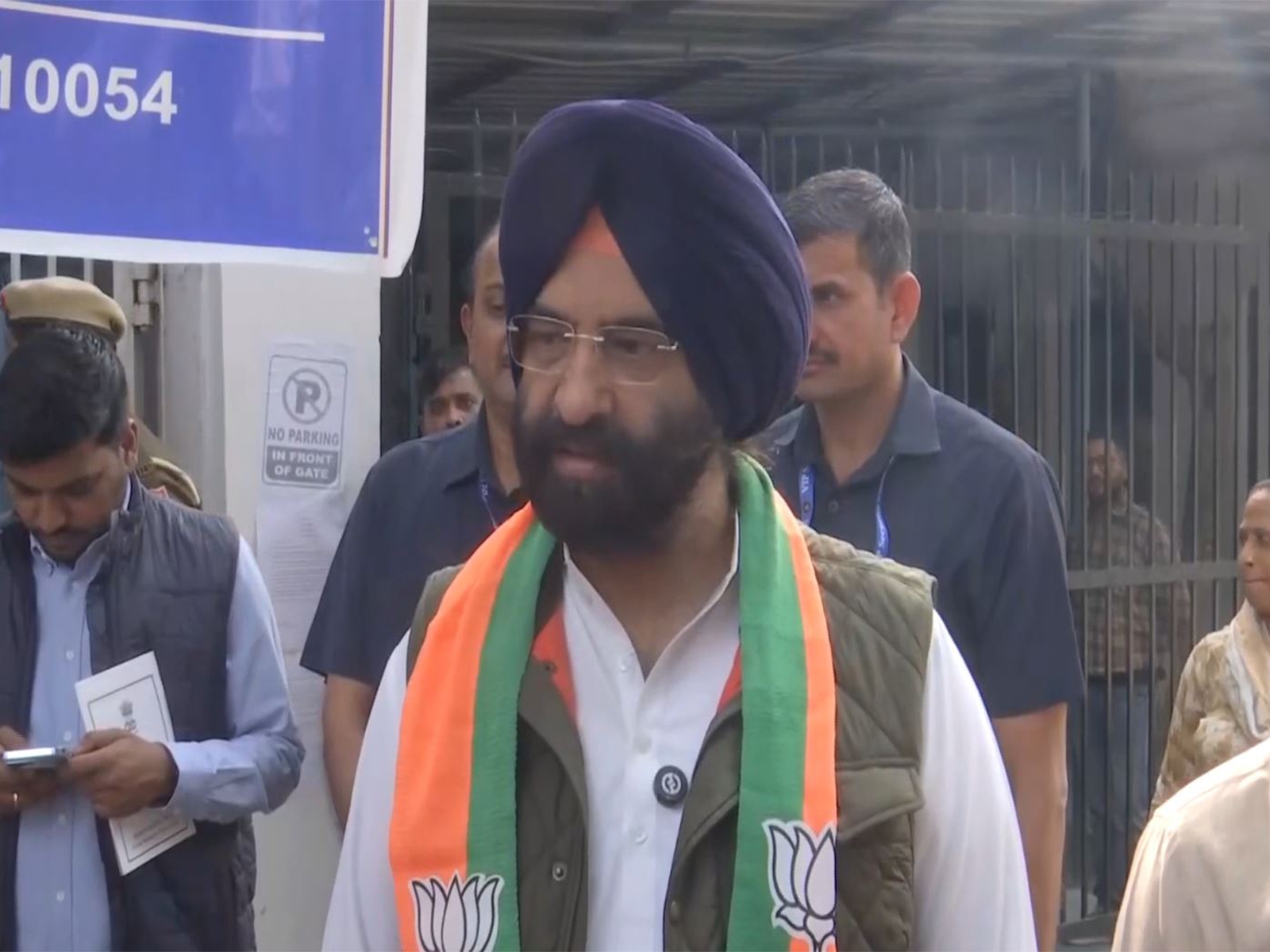Before corporate media backpedals: Bernie Sanders & media objectivity in 2015

The elections
- The Republican side is still crowded
- The Democratics are locked in a two-horse race
The media
- In 2015, Sanders was giving an atrociously low amount of media coverage
- Donald Trump, for all that he stands for, has gotten more than his fair share of coverage
More in the story
- Has the tide turned for Bernie Sanders?
- Is late night satire the media to watch for voters to decide upon their preferred candidate?
In the aftermath of both the Iowa caucus and the New Hampshire primary and in the face of a reality that has been staring them in the face, the mainstream American media is still doing its best to cover up its blackout of the Bernie Sanders campaign. This, even though Sanders handsomely triumphed in New Hampshire against his only rival, Hillary Clinton.
In an attempt to whitewash its lopsided coverage of the 2016 Presidential race on both sides in 2012, it appears pundits as well as corporate bosses want to make amends for the permanent loudspeaker they provided to Donald Trump in terms of large-scale free coverage of even the most trivial things he does or says. In the race for TV ratings and on the orders of their corporate ownership, news agencies have shed any semblance of objectivity when it came to analysis of political support. Permanent residence in Washington was a major factor in the disconnect that most career pundits seemed to have with what was going on in the rest of the country. This mirrored the Washington-centric outlook of most career politicians in Federal positions or elected office.
Who are these Republican candidates?
On the Republican side, it can be said that the media and the pundits themselves were confused over the candidates as they numbered nearly twenty at one point. The race still has candidates in two digits - six of them being prime frontrunners. One can also argue that Republican Party elected officials haven't yet overwhelmingly coalesced around a candidate. Each candidate represents a different 'face' the Republican Party could choose to play up against the rival Democratic nominee.
Trump is the successful businessman. Ben Carson is the hardworking, accomplished professional: a self made man, a story of personal redemption, an 'everyday Ben' - not to mention the hardworking white-collar worker or the color of his skin. Rubio is the young Latino upstart Senator supplying the 'freshness' and appeal of an idealist novice. Ted Cruz is this election cycle's appeal to Tea Party interests. The difference is that Trump is hijacking the contest, betraying the closest calculations of conservative ideologues.

Photo: Josh Edelson/AFP
As of 19 February, Carly Fiorina, Lindsey Graham, Mike Huckabee and others have dropped out of the race. This narrows a competitive Republican field that might not even see a clear frontrunner come Super Tuesday. That is the crux of the problem for voters throughout America. Seeing through the still crowded Republican field.
There's a crowd in sight
The problem arises when there are countless candidates, because then the media's portrayal becomes all the more crucial to voter perception of various candidates and their agendas, character, and electability. The mainstream media can make or break a candidate in a crowded race. An endorsement from one media house to a candidate can go a long way in changing voters perceptions much before they go to the polls.
The media though, isn't always right. The media does mess up. In addition, when there are so many candidates, and when the analysts are perennial Washington-ers, all the media and the pundits have to go by, to form an opinion, in terms of data are basically fundraising figures, polls, and the opinions of Congressmen who drop by.
Two horse race among Democrats?
On the Democratic side of the race, the lopsidedness was even more apparent, as there were far fewer candidates. Lincoln Chafee and Jim Webb were virtually made to drop out of the race after the mainstream media failed to take them seriously during and after the first Debate. In addition, the mainstream media, including 'liberal' media outlets and journalists such as MSNBC and its hosts have been complicit in the projection of Hillary Clinton as the most 'accomplished', experienced, electable and inevitable Presidential candidate in American history - without explaining a word to back it up. A fundraising email from a Clinton surrogate declared that "she just happens to be the most qualified candidate maybe since General George Washington himself!"
This author would like to offer on behalf of the media, apologies to George Washington and FDR, and apologies to the fact that Clinton is still a mere contender for the Democratic ticket, unable to generate grassroots enthusiasm. In the face of facts, and in the face of the benchmarks that matter most to them, the pundits in 2015-2016 never really abandoned their coordination with the DNC in rigging the primary process for the nomination.
The democratic socialist rival for the ticket, Bernie Sanders, had the by far the largest crowds in his rallies, record-breaking fundraising figures, generated a participative grassroots enthusiasm unheard of in American history and entirely without the help of any national party apparatus, been up there in the polls with Clinton for many months now. Sanders also managed a comprehensive win in New Hampshire. The mainstream media, however, has refused to budge.
Media coverage of candidates
In the Tyndall Report, a scientific survey of TV media coverage, it turned out that ABC's "World News Tonight" devoted 81 minutes to Donald Trump's campaign so far this year compared to a mere 20 seconds on Sanders through the end of November. NBC's "Nightly News" afforded 2.9 minutes of coverage to Sanders since January. The "CBS Evening News" provided viewers 6.4 minutes of coverage on Sanders. The TV media devoted 234 total network minutes for Trump compared to just 10 network minutes for Sanders.
The author expects the media to argue that the Trump phenomenon somehow overshadowed the Sanders movement. The Trump phenomenon was abetted by the media and was nowhere near large enough to match the massive participative anti-establishmentism of Sanders' mobilization - especially when the driving force of Trump's campaign was his tweets. The media manufactured 'Trump-wave' was a phenomenon created in order to not talk about Bernie Sanders.
Sanders though, has got a shot in the arm, with his New Hamsphire victory. According to data available post New Hampshire, Sanders has drawn more coverage from the evening newcasts than any other presidential campaign in either party.
Hillary's varied supporters and Sanders slim coverage
Much of the media distortion on this side of the race has to do with the corporate interests that Bernie Sanders seeks to take on, as well as the fact that a large multitude of Clinton ex-staffers hold important positions in the media and in the Democratic Party. Some of Clinton's supporters are Wall Street businessmen. Time Warner, owner of CNN, is a Clinton donor, as is Viacom - the owner of Comedy Central that features major liberal satire news shows such as The Daily Show. Corporate America and Wall Street, unable to handle an insurgent candidate who doesn't want their money and is immune to conventional attacks on integrity, did the only thing it could - dismiss Sanders.
The question arises as to who has given Sanders a fair shot once he statistically became a major candidate in the democratic race in 2015. or even discussed him without attacking him at the behest of Clinton aides?
For most of 2015, coverage of Sanders that was not negative, dismissive, or trivial was rare, no matter what medium you look at. Reporting on Sanders on the campaign trail brings shocking results: in the print and online news media, the few places that gave Sanders coverage were a few writers at Salon magazine (notably Sean Illing), Brent Budowski at the Observer (owned ironically by Donald Trump's son-in-law), some articles in The Nation (John Nichols) and a few others. The heavyweights in this segment - Washington Post, The New Yorker, The New York Times, Wall Street Journal, TIME, CNN, Forbes and the 'centre-left' Vox - either ignored him, or featured attack pieces mirroring misrepresentations of Sanders' positions on issues such as guns, data breaches, healthcare, socialism, electability and taxation-expenditure put forward by the Clinton surrogates.
What is also striking is the reaction of the journals and websites of the radical Left. The sheer volume of hit pieces churning out everyday on sites such as Jacobin Mag and CounterPunch, as well as Abby Martin's Empire Files appear to make the mainstream media reaction to Sanders seen paltry.
Sanders image not taking a hit
Almost unequivocally, the most radical of the radical label Sanders as a bourgeois-stooge, a 'puppet' of the 'capitalist-Democratic party', and a closet 'imperialist'. There is a refusal to term the Sanders campaign as the sign of a movement, despite the fact that millions of Americans truly believe that the only politician who is not for sale is Bernie Sanders
Being the most electable Presidential candidate among the socialists in American history, and being historically the left-most of all the major party candidates to ever have run, does not appear to soften Sanders' image in the eyes of the ultra-educated, ultra-armchair, semi-anarchist ultra-left.
Perhaps the radical Left would have rejected and denounced Martin Luther King Jr as a bourgeois-stooge too, for the crime of being a mere democratic socialist. Perhaps they are afraid to admit it. While they denounce Sanders a lot for not running Independent, they do not recall how poorly FDR's former Vice-President, Henry Wallace, fared in his third party run in 1948. Guess what - socialist Norman Thomas contested in 1948 too - further fragmenting the Left vote. There also appears to be unwillingness among some of them to join the Sanders campaign and take over the Democratic Party.

Photo: Jewel Samad/AFP
When it comes to the visual media on non-debate-related coverage, the only outlets voicing genuine representations of Sanders' campaign and electoral base - or even featuring Sanders-related news - were unlikely ones, or supportive ones, or genuinely neutral ones. These include most notably Cenk Uygur's The Young Turks network, foreign agency RT (Russia Today), Al-Jazeera America and few others.
Fox News, MSNBC and others
For much of the year, one struggled to find news of the Sanders campaign on the 'liberal' MSNBC network. On the other hand, despite being against everything Sanders stands for, whenever the conservative Fox News discussed the Democratic primary race, it usually was more accurate in presenting Sanders as a serious contender, and even rightly argued that the primary process was rigged in favor of Clinton.
Left leaning MSNBC hosts such as Rachel Maddow, Chris Hayes (who was once Editor of The Nation) and Lawrence O'Donnell did not respond as warmly as expected, given their ideological leanings, to the Sanders campaign, perhaps constrained by their network owners.
Progressivism on social issues on MSNBC (guns, abortion, gay rights, racism) is given more leeway than progressivism on economic issues (progressive taxation, poverty, inequality, Wall Street) - a line than Sanders crossed, which put him on the hitlist of the not just the centre, but the centre-left media too.
Political satire and late night comedy
One last category is left - political satire and comedy shows. Over the last two decades, in the age of spin doctors, Citizen's United, and network ratings that fluctuate like stock markets, viewers have often had to resort to comedy news shows for information on what is really happening (Jon Stewart on The Daily Show rings to mind), free from the vested interests of the establishment media, for which there is now a deeper mistrust.
News comedians have almost always been progressive figures, not afraid to take on Clinton or Obama on what they see as social or economic injustice. The most notable of these are Bill Maher, Jon Stewart, Stephen Colbert, John Oliver, Larry Wilmore and recently Trevor Noah (new host of The Daily Show).
One would truly expect that when they echo Sanders on issues such as Wall Street bailouts, the TPP, climate change, inequality and Citizen's United, they would jump at the opportunity to feature a politician that represented the people and what the people stood for - not nearly the case. Bill Maher, who had brazenly backed and donated to the Obama campagin in 2008, endorsed Sanders as soon as he could, wanting to be part of the change he stood for, and viewing the 2016 elections as a historic opportunity.
Beyond Maher, who has always been his candid self on his show rather than playing a semi-scripted character or the neutral host, one genuinely gets to understand who is a liberal and who is a progressive. Jon Stewart, till he retired, always represented Sanders as an individual in a positive light, while ridiculing and being dismissive of his presidential run. Stewart has been against Wall Street's excesses, but does not seem to be too enthusiastic about restructuring.
When Stephen Colbert invited Sanders on his show, he decided to go into immature-Republican mode for the first and only time on The Late Show (reminiscent of his character on The Colbert Report), rather than put Sanders forward as a candidate against everything he parodies and mock-criticizes.
In later episodes, Colbert, like Trevor Noah, resorted to presenting Hillary Clinton as an amusingly inevitable candidate. Last Week Tonight's John Oliver, being almost academic in his insights and comprehensive in his details, as well as more outspokenly progressive than his former Daily Show colleagues, declared that he had no business discussing and hyping the 2016 elections in 2015, a notion that can be often agreed with.
Larry Wilmore of the Nightly Show has been of late, especially from November 2015, more supportive of Sanders, after being initially skeptical of him on issues of race. One can observe that barring Bill Maher, it is hard to see comedy news coming into play in a big way until the primaries are over, when the guns will be turned towards the Republican nominee, as comedy news did not appear as much a departure from the mainstream media in 2015 regarding the election.
To conclude, even as this essay is being typed out, pundits have begun claiming that they were talking seriously about Bernie Sanders 'right from the start'. The writer hopes the reader is not so easily fooled. Objectivity has not been the media's strong point last year.
Edited by Sahil Bhalla
First published: 20 February 2016, 3:29 IST





![BJP's Kapil Mishra recreates Shankar Mahadevan’s ‘Breathless’ song to highlight Delhi pollution [WATCH] BJP's Kapil Mishra recreates Shankar Mahadevan’s ‘Breathless’ song to highlight Delhi pollution [WATCH]](https://images.catchnews.com/upload/2022/11/03/kapil-mishra_240884_300x172.png)

![Anupam Kher shares pictures of his toned body on 67th birthday [MUST SEE] Anupam Kher shares pictures of his toned body on 67th birthday [MUST SEE]](https://images.catchnews.com/upload/2022/03/07/Anupam_kher_231145_300x172.jpg)






